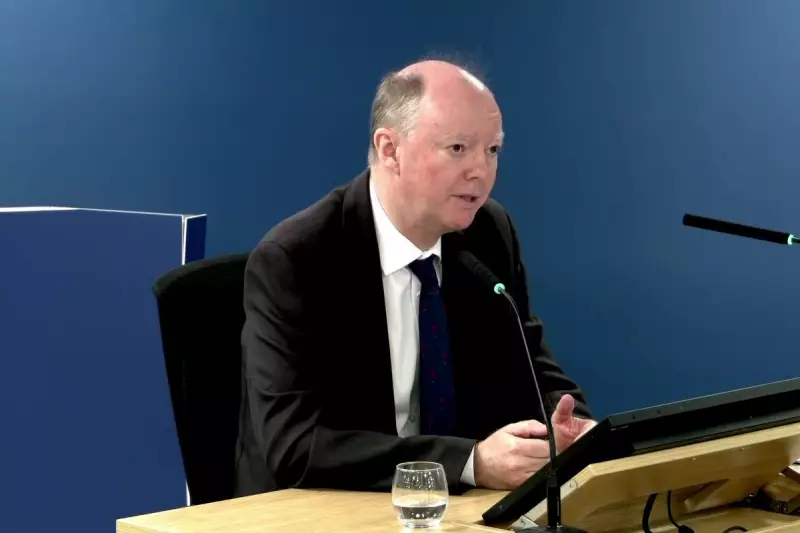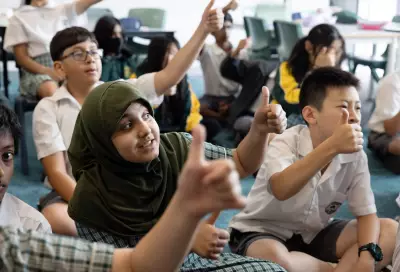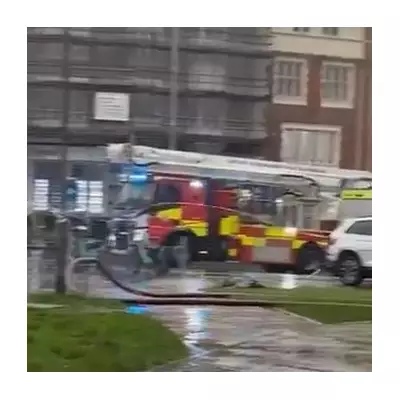
Fresh pressure is mounting on the government as explosive new evidence suggests England's Chief Medical Officer Professor Chris Whitty advocated for tougher restrictions on schools during the COVID-19 pandemic than ministers ultimately implemented.
Revealed: The Warning Signs Ignored
According to newly uncovered documents and testimony, Professor Whitty repeatedly voiced concerns about keeping educational institutions fully open during critical phases of the coronavirus crisis. The revelations have sparked demands for a comprehensive investigation into whether scientific advice was properly heeded by decision-makers in Whitehall.
Timeline of Unheeded Advice
Key moments when expert guidance appears to have been overlooked include:
- Early 2021, when Whitty reportedly suggested stricter measures for schools as variant concerns grew
- Periods when infection rates among children and staff were rising significantly
- Critical decision points where balancing education against health risks became increasingly complex
Mounting Calls for Accountability
The emerging evidence has triggered cross-party demands for transparency regarding how pandemic school policies were formulated. Opposition MPs and education unions are questioning whether political considerations sometimes overrode scientific recommendations.
"When the nation's top medical expert raises concerns, we deserve to know whether those concerns were properly addressed," stated one senior education source familiar with the ongoing discussions.
The Human Cost
Teachers, parents and school staff have expressed frustration at what some are calling "missed opportunities" to better protect school communities. Many are now seeking clarity on whether different decisions could have prevented disruption to children's education while maintaining safety.
What Happens Next?
The government faces increasing pressure to address these revelations directly as the official COVID-19 inquiry continues its work. With Professor Whitty's previously private recommendations now entering public discourse, ministers may be compelled to provide more detailed explanations of their pandemic decision-making processes.
This development represents another challenging chapter in the ongoing examination of Britain's pandemic response, particularly regarding the delicate balance between educational continuity and public health protection.





